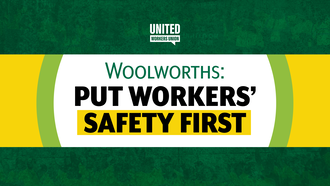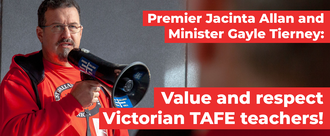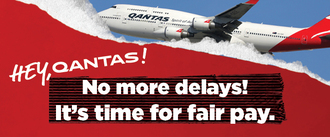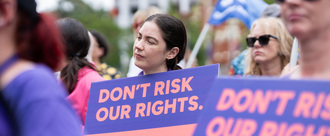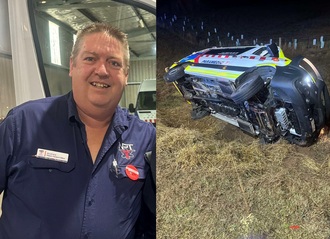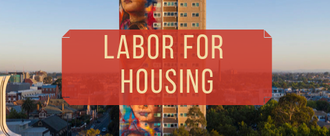- Featured
- Asylum Seekers and Migrants
- Climate and Environmental Justice
- Disability Justice
- Economic Justice
- Education
- First Nations Justice
- Health and Medicare
- International Solidarity
- LGBTIQA+ Rights
- Media and Arts
- Occupational Health and Safety
- Public Services
- Public Transport
- Racial Justice
- Social Justice
- Women's Rights
- Workers' Rights
- More
-
Solar Savings for AllWe’ve already won $500m from the federal government to upgrade social housing energy efficiency and electrification, but we need to go further! It's time to empower every Australian to cut their energy bills. We call on the government to take immediate action to help Australian workers • An additional $4.5bn investment to eliminate upfront costs of home energy upgrades, and rooftop solar and batteries for millions of Australian households hit hardest by the cost-of-living crisis • A $50bn commitment over 10 years to help all Australians access cheap, renewable energy • A guarantee that all Australians - including those in low-income homes, renters and communities experiencing disadvantage - can benefit from energy savings Sign the petition here to become a part of the Renew Australia for All campaign. We will send you news about important actions we are taking together to win change.77 of 100 SignaturesCreated by Charlie Phillips
-
Youth Workers Care, Pay Us FairTo recap, when the Department of Child Protection released a tender that would lock in below award wages our Union took action and has been working to resolve the issues. After weeks of direct advocacy, your action over the last 24 hours has helped lock in a win and today we have spoken with the Minister Hildyard's office to confirm the Department would update the tender that has now been published to the sector. We thank the Minister and the Department for listening to you, the frontline workers. Now, our work continues to: • Push for a state wide fair jobs code for community services to ensure all Government tenders reflect fair wages and secure jobs • Win a fair Award Award classification structure to properly reflect your skills and experience As we've experienced overnight, when community sector workers take action we can change Government policy and win good outcomes for our members. Share this win with your workmates and ask them to join you in our Union so we can keep improving working conditions across the youth and community services sector: www.asusant.com/sant.com830 of 1,000 SignaturesCreated by ASU SA+NT Branch

-
Rule out these attacks on our rights at work!Workers have finally begun to see wage rises and new rights after suffering declining real wages under 10 years of Liberal Governments. Liberal Party think-tanks are already planning out Peter Dutton's first 6 months in office - cuts to services and safety-nets, handouts to the already wealthy, and attacks on workers' rights. Australian workers need more progress to improve our wages and conditions – not more right-wing ideology from the Liberal Party. If this isn't Peter Dutton's plan he should have no problem saying so. Call on Peter Dutton to rule out these outrageous attacks on our rights.991 of 1,000 SignaturesCreated by We Are Union
-
Scrap Junior Rates NowYoung workers still face the same expenses as other workers in rent, groceries, education costs and more. But in our unfair system, an 18-year-old with years of experience could be paid less than their 21-year-old newly hired colleague just because of their age. Sign the petition today if you agree everyone should be paid fairly regardless of their age!682 of 800 SignaturesCreated by NSW Young Workers Hub
-
Take The StandSurvivors of rape and sexual assault participate in the criminal justice system of their own free will. The system would collapse in regards to sexual crimes, without their voluntary involvement. Many do so at great personal cost. When they take the stand, they do it to keep us, the community safe. Now it’s our turn to take a stand for them and demand a criminal justice system that does not further injure those who enter it.7,441 of 8,000 SignaturesCreated by Nina Funnell
-
Stop Pharmacy Bosses From Blocking Our Award Pay Rise!Employee pharmacists are Australia’s lowest-paid health professionals and are leaving the industry in droves. Professional Pharmacists Australia (PPA), the union for employee pharmacists and technicians, has submitted a comprehensive case to the Fair Work Commission calling for a long-overdue minimum Award wage increase for pharmacists of $188.30 per week and a 14% increase for Interns, Pharmacists In Charge and Pharmacy Managers. But the Australian Private Hospitals Industrial Association (APHA) is calling on the Fair Work Commission to block all proposed pay increases. Pharmacists deserve better and are calling on APHA to acknowledge the vital role of pharmacists by amending their submission to the Fair Work Commission to support a fair pay increase. Sign this petition to demand that APHA stop blocking a pay increase to the minimum award rate. Let’s show APHA that their stance isn’t just unsustainable – it’s deeply unpopular. Pharmacists deserve better, and with your signature, pharmacists can put pressure on APHA to change their position. Together, we can demand change. Support Australia’s pharmacists today: 1. Sign the petition to show your support for fair wages for pharmacists. 2. Share this petition with everyone you know – pharmacists, healthcare professionals, and community members who rely on and value pharmacists’ expertise.1,545 of 2,000 SignaturesCreated by Professional Pharmacists Australia Union
-
Woolworths: put workers' safety first and meet with warehouse workers!Workers at Woolies warehouses have been forced to take strike action. The multi-billion-dollar company is squeezing every last drop out of shoppers and warehouse workers alike. Woolworths' measurement system, "The Framework" sets a universal standard for human movement. It is discriminatory, dangerous and unrealistic to expect people to meet the same universal standard every second of every day. “"We're human beings, not robots." UWU warehouse worker The Project 24/10/2024” Woolworths' punitive measurement system does not respect workers as human beings. Warehouse workers say that in order to meet the Framework, people must sacrifice their own safety and mental well-being. Workers feel they must cut corners and perform tasks at dangerous speeds to avoid being disciplined or losing their jobs. CEO Amanda Bardwell needs to listen to the union members speaking up - she needs to meet with them and hear their stories. Woolworths needs end the Framework and come to the table with a fair offer. Sign our petition calling on the Woolworths CEO to meet with workers and end "the Framework".8,006 of 9,000 SignaturesCreated by United Workers Union
-
Support our TAFE Teachers!TAFE teachers like me are dealing with unsustainable workloads and massive administrative burdens. Too many of us are burnt out and leaving the sector in droves, contributing to a chronic workforce shortage that must be urgently addressed. It’s no surprise TAFE teachers are frustrated and feel like they’ve been brushed aside by the same government who promised to save TAFE more than a decade ago. Without TAFE teachers like me and my colleagues, TAFEs cannot deliver the vocational education and training that Victorians need. The teacher shortage will only get worse and the negative impact on our students and the Victorian community will only get bigger. To make matters worse, instead of saving TAFE the state Labor government has been responsible for vocational education and training in Victoria being the lowest funded in Australia every year for the last 10 years. Premier Allan and Minister Tierney: You need to fix the dispute with TAFE teachers and invest in them and our TAFEs. Your lack of action shows you believe it is ok for Victorians to not have proper access to high quality TAFE programs delivered by valued and respected TAFE teachers. I am calling on Premier Jacinta Allan and Minister Gayle Tierney to: • Respect TAFE teachers and pay them what they are worth. • Address excessive workloads that lead to too many teachers leaving TAFE. • Create pathways for the next generation of industry experts to become TAFE teachers. • Deliver TAFE funding that covers the actual cost of course delivery. Please, sign my petition to tell Premier Jacinta Allan and Minister Gayle Tierney that Victorian voters want action to support TAFE teachers! Mark Zelman, Teacher at William Angliss Institute of TAFE2,087 of 3,000 SignaturesCreated by Mark, TAFE Teacher
-
No more delays, it’s time for fair payQantas is currently gripped by a skills shortage of its own making, failing to employ enough apprentices and pay aircraft maintenance engineers in line with industry standards. If Qantas values its safety reputation, it needs to show it values its highly skilled maintenance engineers.716 of 800 SignaturesCreated by QANTAS Engineers' Alliance
-
Protect Queensland's Abortion LawsAccess to abortion is at risk in Queensland. If the LNP get into power this October, Queensland women’s rights will be taken back to the dark ages. It has come out this week that the Katter Party is seeking a “clean repeal” of the 2018 abortion decriminalisation bill as soon as possible – and multiple LNP members have recently reaffirmed their support to wind back abortion laws in Queensland. The Katter Party have committed to introducing a private members bill to repeal the decriminalisation of abortion as soon as possible. That leaves the door wide open for the LNP to vote to make abortion a crime under a conscience vote. Day after day, David Crisafulli refuses to answer questions about whether or not he would allow a conscience vote. Last time the LNP had a conscience vote on abortion, 36 out of 39 voted for abortion to be a crime. Since then, they have continued to vote against access to abortion for regional & rural Queensland women and have hand-picked extreme anti-abortion candidates, like Amanda Stoker, to run in this election.9,463 of 10,000 SignaturesCreated by Reproductive Rights Queensland
-
Sacked for helping a mateAt 1:30 am on 27 June 2024, an ambulance rolled in Myrtleford trapping paramedic Jim Avard. Patient Transport Ambo, Andrew Bishop responded to the scene and cut Jim free, helped him exit the ambulance safely and into the care of other paramedics. As an active union delegate and safety rep, Andrew later took a picture of the rolled ambulance and sent it to the union and his employer National Patient Transport. That picture went viral and highlighted the risk of fatigue faced by paramedics and ambulance workers across Victoria. Within a few hours of the story going public, National Patient Transport stood Andrew down from duty. He has since had his employment terminated from National Patient Transport. Andrew has worked as a fire fighter, a first aider and in the safety industry for over 40 years. He did his best to use his skills and experience to rescue a workmate and get him to care safely. He also helped expose the serious risks faced by ambulance workers across Victoria. Sacking an ambo for trying to do the right thing is unfair, harsh, and unreasonable and this decision should be reversed. Have a heart NPT. Give Andrew his job back.6,663 of 7,000 SignaturesCreated by Victorian Ambulance Union
-
Please Adam Bandt & the Greens - Support Help to Buy!We cannot fix the housing crisis unless we pull all levers available. We need to Greens to work together and introduce the Share Equity Scheme (Help to Buy) - where the government co-owns the property with the first home owner to help them with a smaller deposit and have lower each mortgage repayment.283 of 300 SignaturesCreated by Labor For Housing
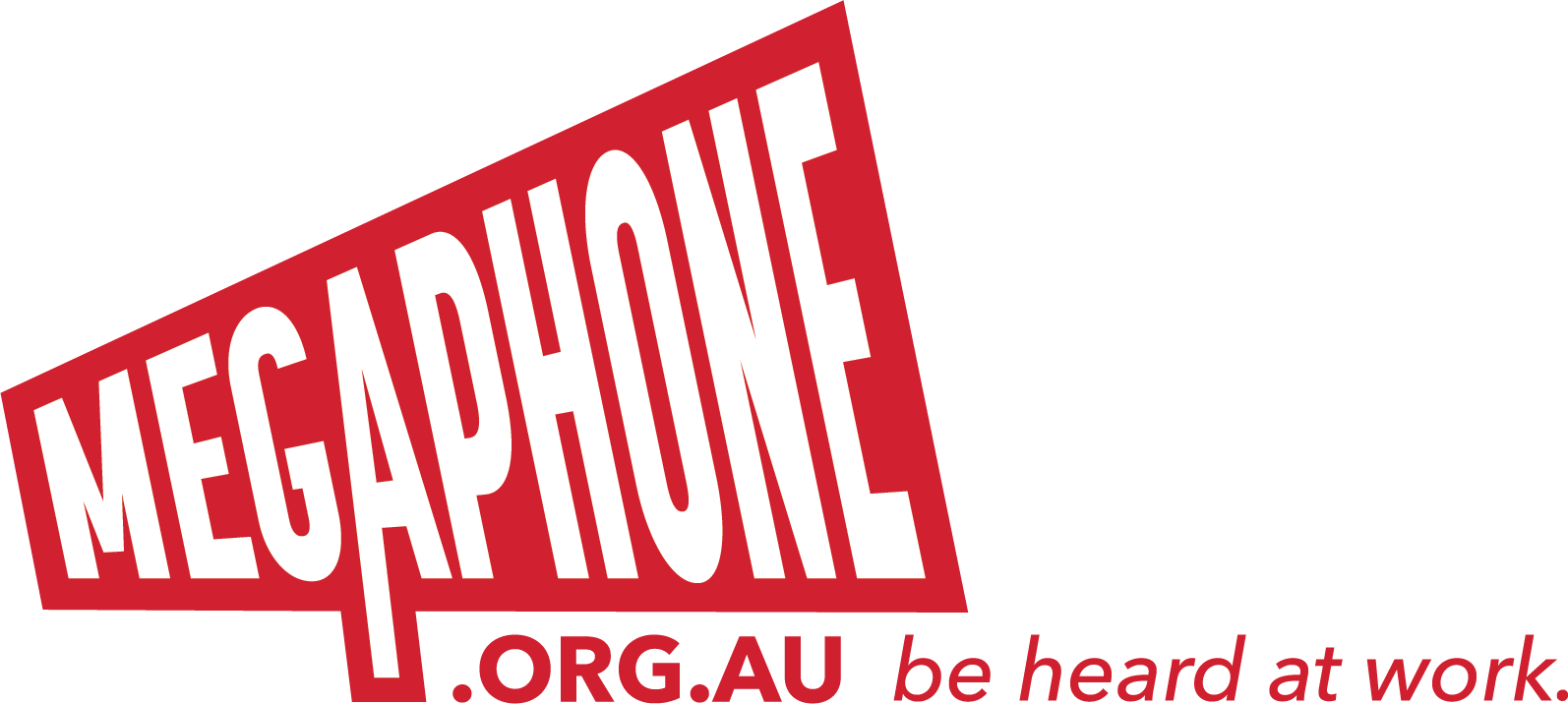
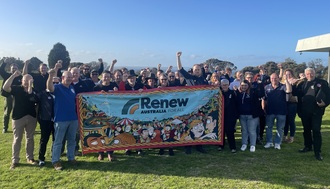
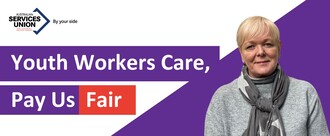


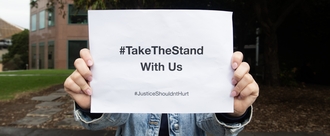
%20(3240%20x%201080%20px).png)
